Wider African Energy Summit (WAES): UK Expertise to Unlock Africa’s Energy Boom, Supporting Low-Carbon Transition
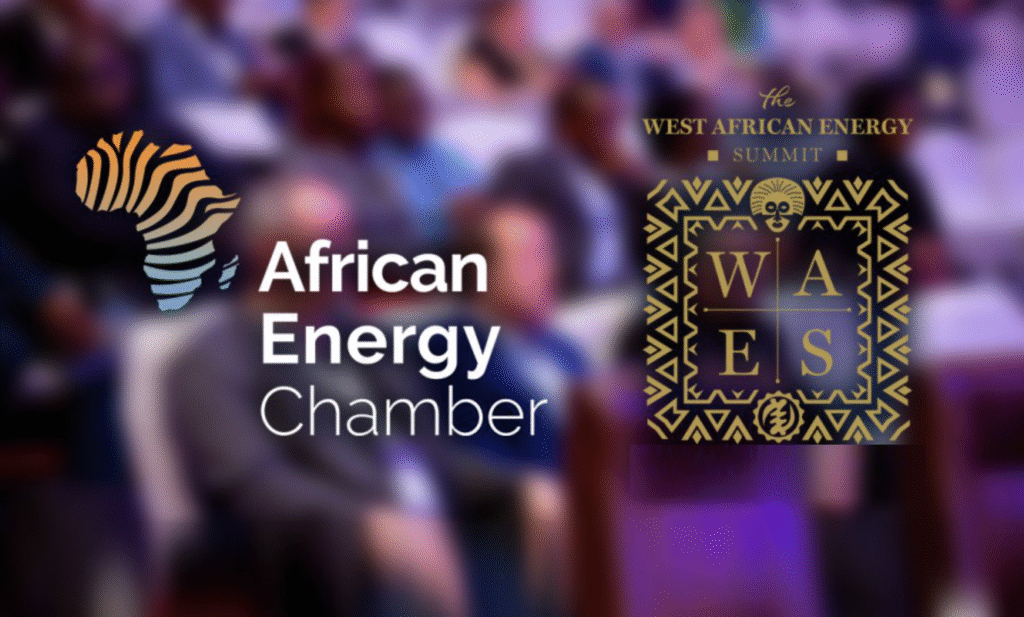
In ABERDEEN, Scotland, at this year’s Wider African Energy Summit (WAES), African operators and UK industry leaders made the case that the next phase of Africa’s energy growth will hinge on investment, and also on the transfer of skills/systems-technical discipline built over decades in the North Sea.
The gathering presupposed a growing recognition across both continents that Africa’s immense energy potential, derived from gas-rich basins, to frontier offshore acreage, can only be unlocked at scale based on project execution experience, workforce training and low-carbon solutions, which the UK has spent generations refining. Influencing the social and economic stakes, through access to energy.
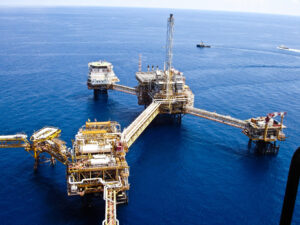
As for many African countries, reliable energy remains one of the biggest determinants of quality life. As it powers small businesses, keeping clinics running, enabling school children studies at odd hours and supporting industrialisation that can create stable jobs for young populations.
Speakers at the summit noted that UK-Africa collaboration could shorten project timelines, lower costs implications and help countries convert natural resources into electricity/economic opportunities more quickly. Furthermore, it would create infrastructural development for communities, sustaining livelihoods, and foster inclusivity towards a growing economy.
Nigeria’s example of turning dormant assets into engines of growth, featured a tangible example from Seplat Energy. This example shared light on the rehabilitation of OML 40, once a shut-in onshore asset in the Niger Delta. Jason White, the General Manager for Exploration, said the project demonstrates how targeted investment and technical support can revive ageing assets and strengthen a national energy system. “Our ambition is to be the cornerstone producer of gas in Nigeria. The real growth lies in transforming the country’s energy supply chain” – he said, noting rising opportunities in domestic/exports crave for power supply and LNG.
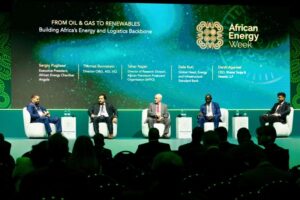
As international oil companies divest from onshore operations, nimbling African independents, backed by global service partners including those in the UK, are stepping in. The impacts are broad. Locally sourced gas can stabilise Nigeria’s grid, reduce household energy insecurity and grow industries that depend on reliable power.
By means of being a continental lens for the future of stable energy, negotiating for fair-competitiveness in the global transition, is inevitable. The African Energy Chamber Executive Chairman, NJ Ayuk, widened the lens by stressing that African countries need to scale production efficiently to remain competitive, especially as global capital becomes more selective. “What you have developed here in Aberdeen can transform our continent” – Ayuk said, praising North Sea engineering and project discipline. But he warned that restrictive policies such as limits on exploration or sluggish licensing, can risk suppressing African investment indirectly. “We’re not against the transition, it just has to be orderly and fair”, – he added; touching on the subtle political tension blowing across Africa, and balancing the need for development, inspite of the fact that global climate expectations are often set by industrialized nations.
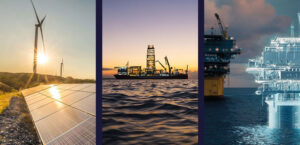
Regarding technology, skills and faster delivery, FPSO specialist – Altera Infrastructure, highlighted a pathway where UK capabilities already shining: standardized offshore systems that reduce project timelines.
On the other hand, the Director of Business Development – Stig Bøtker, pointed to the Baleine field in Côte d’Ivoire, where Altera and Eni delivered an FPSO just 18 months after final investment decision. The result, was earlier production revenues for the country, and hundreds of training opportunities for local engineers. He also emphasized that modern FPSOs increasingly feature lower-emission designs, supporting Africa’s ambition to grow output while reducing flaring and improving environmental performance.
In promoting symbiotic partnership and a political opportunity for the UK: WAES participants agreed that this emerging partnership is mutually beneficial. “This is a symbiotic relationship that can power the needs of an emerging market, met by a mature industry ready to look further afield” – said AFBE-UK Co-Founder – Ollie Folayan.
In UK’s view, extending engineering education, offshore expertise and supply-chain capabilities beyond the North Sea offers both economic renewal and diplomatic influence. To the African states, it provides the tools to manage hydrocarbons more responsibly, while creating pathways for local professionals to enter high-skill, globally relevant careers. Becoming a part of an engineering community to build the future of a continent’s energy map, together.
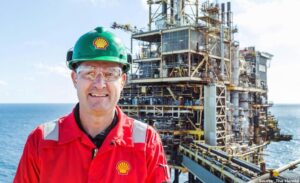
The summit, organized in partnership with the African Energy Chamber, the Society of Petroleum Engineers and the Scottish African Business Association, enabled WAES to showcase Africa’s most promising oil and gas opportunities to the UK and European supply chain. The fundamental message was more of a commercial focus with huge consideration of sustainable socioeconomic benefits.
However, if deployed with fairness and shared priorities, UK-Africa energy collaboration could help strengthen sociocultural/socioeconomic impact across Africa and power a lower-carbon future, from this current generation.






